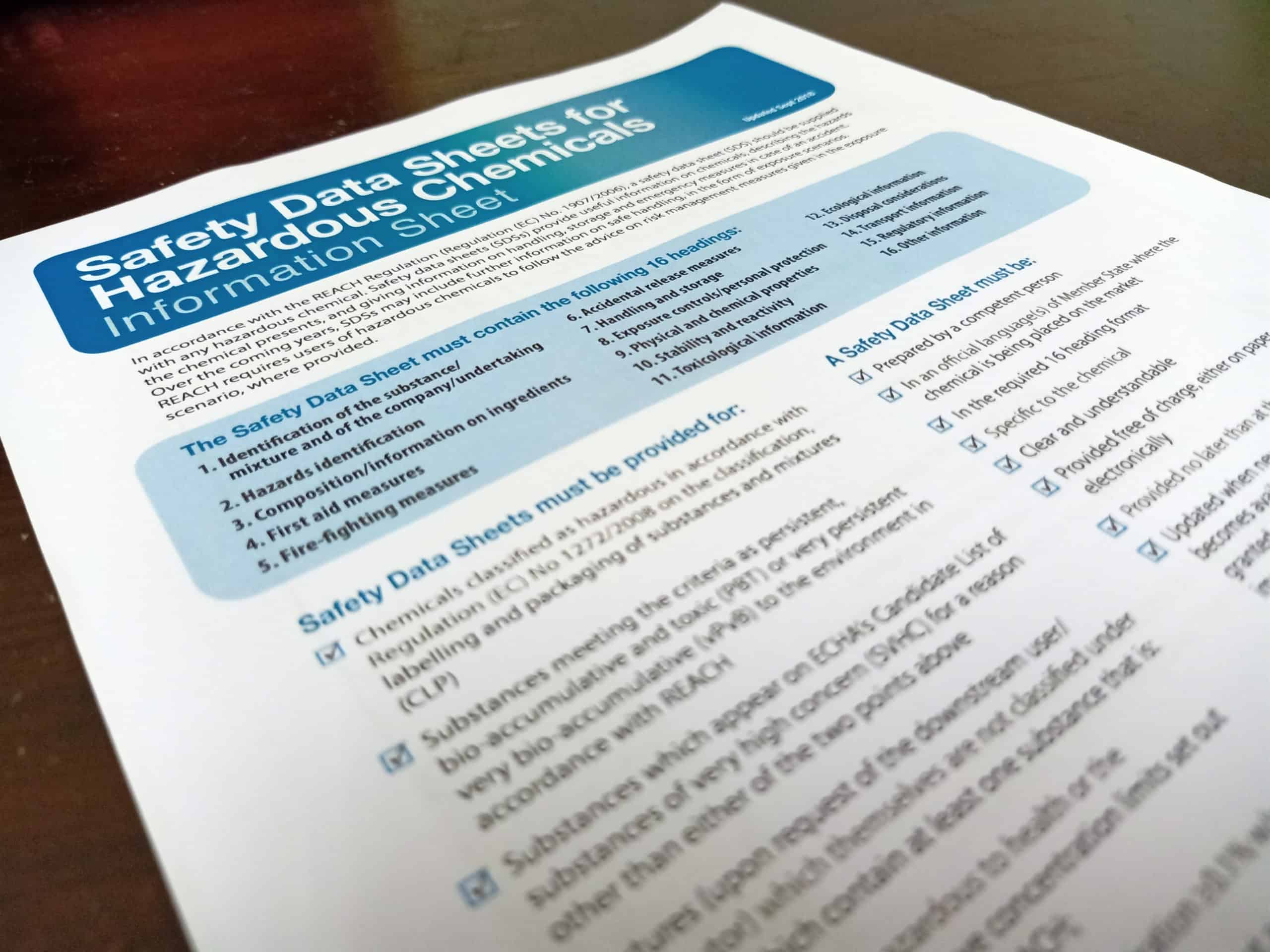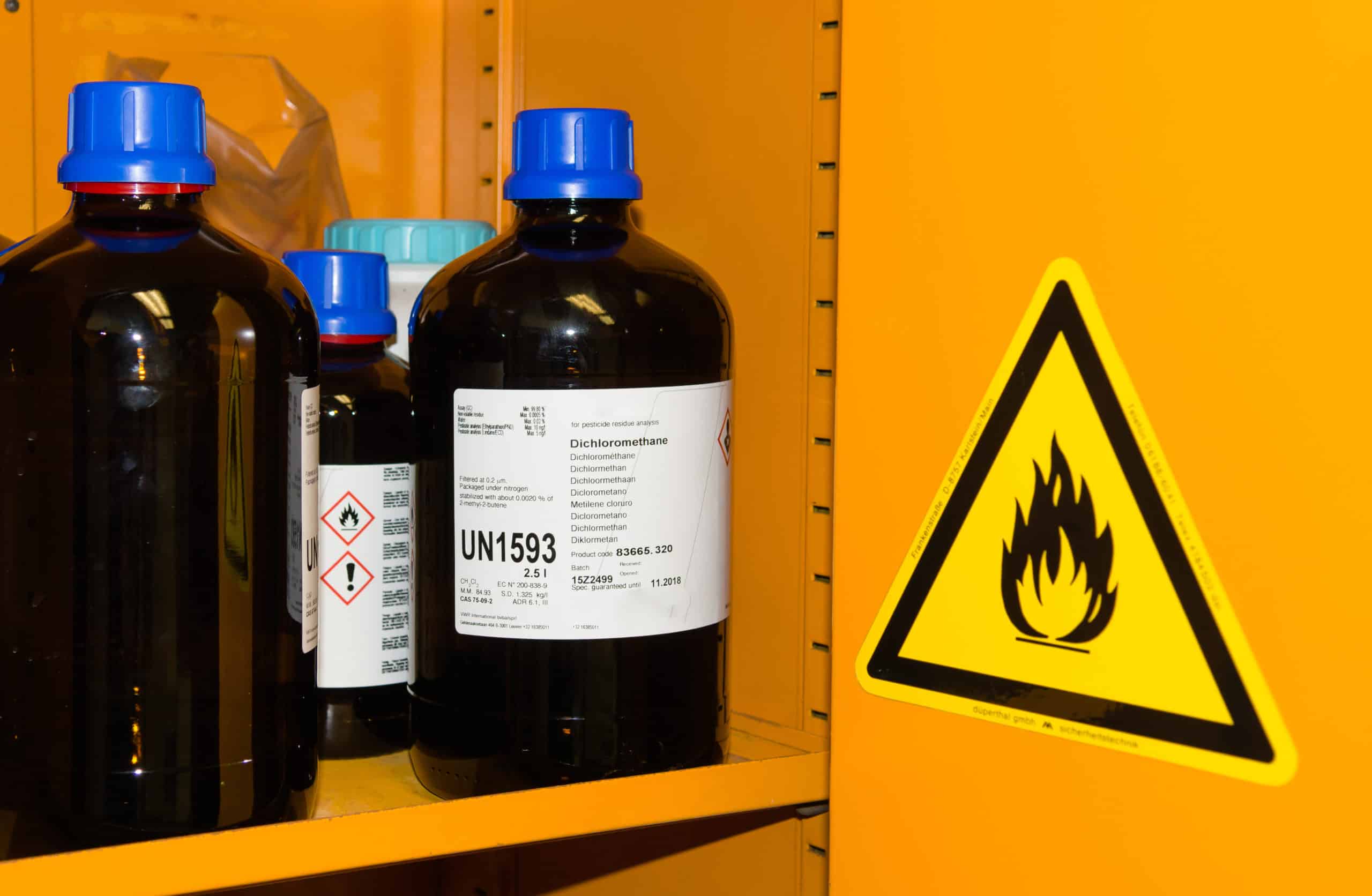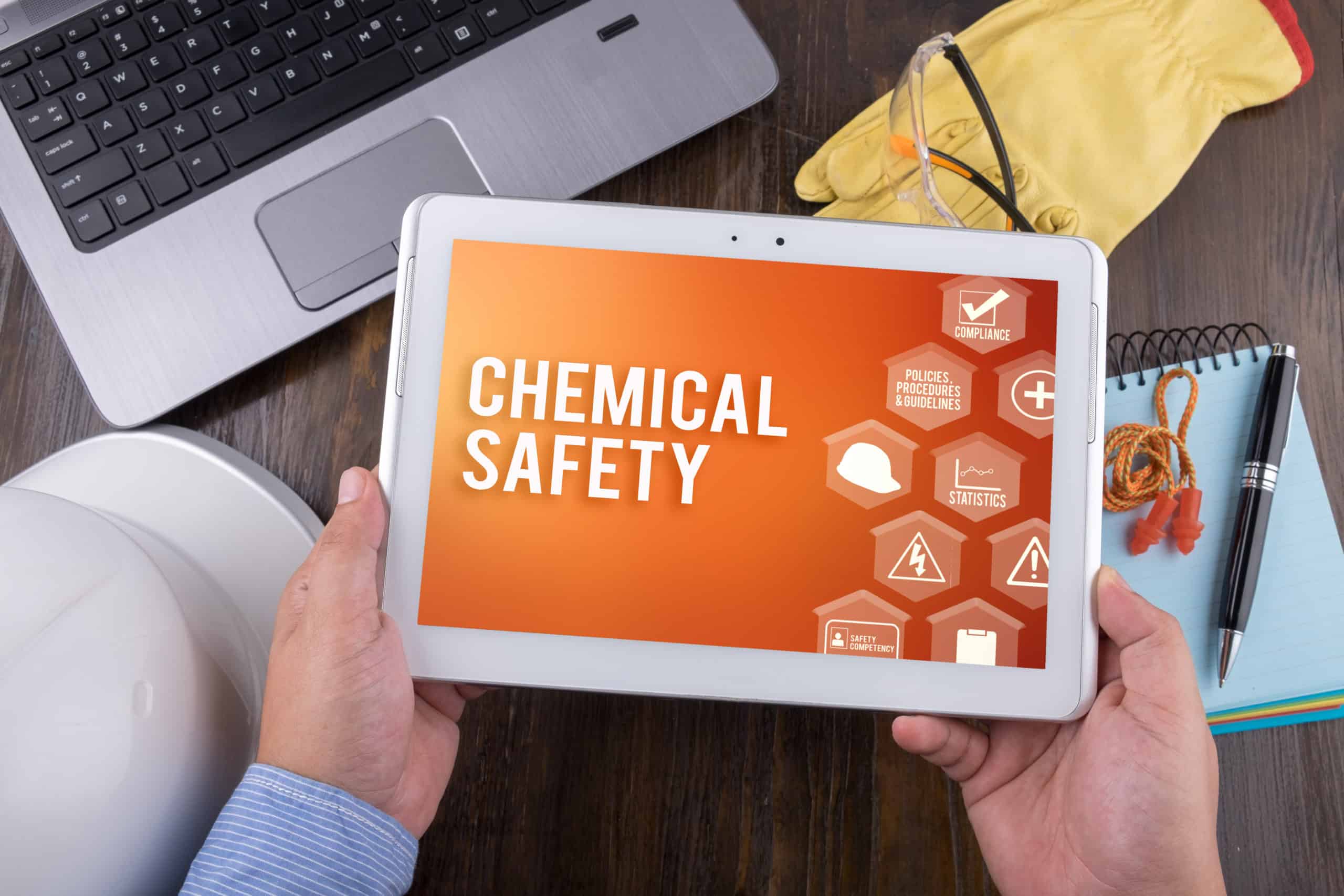The COVID adventure we have been living for the past two years demonstrates the challenge of risk assessment in a complex, rapidly changing environment. The risks associated with COVID-19 exposure have evolved with the virus, resulting in significant confusion and … Read More
Author Archives: Ralph Stuart
Home » Safety Platform Blog » Improving Risk Assessment Practices

Home » Safety Platform Blog » Why Do We Do Risk Assessments?

Why Do We Do Risk Assessments?
Many government regulations for chemical safety identify the need for a risk assessment as part of the decision-making process for managing potential hazards. However, EPA’s hazardous waste determination is the only risk assessment process that is well defined by the … Read More
Home » Safety Platform Blog » Top 10 Ways to Optimize a Learning Management Program

Top 10 Ways to Optimize a Learning Management Program
The Covid pandemic gave a sudden boost to distance learning as a health and safety tool. This transition brought to light many of the logistical and educational challenges that training program managers have dealt with over the years. This makes … Read More
Home » Safety Platform Blog » A FAIR approach to managing Safety Data Sheets

A FAIR approach to managing Safety Data Sheets
Last month, I discussed the reasons for, and challenges of, instituting a chemical inventory system in your workplace. One of the regulatory drivers for such a system is the OSHA Hazard Communication standard. This standard requires employers to: maintain an … Read More
Home » Safety Platform Blog » The Chemical Inventory Challenge

The Chemical Inventory Challenge
Hazardous chemicals of concern to the government can be found in essentially all workplaces. Buying these materials in more than consumer quantities brings the purchaser under the jurisdiction of a variety of federal, state, and local agencies, who have disparate … Read More
Home » Safety Platform Blog » Assessing the Quality of Chemical Safety Information

Assessing the Quality of Chemical Safety Information
On March 11, the American Chemical Society’s Division of Chemical Health and Safety (CHAS) held an on-line “CHAS-chat” that discussed Quality Data for Safer Experiments. Given the increasing use of general-purpose search engines such as Google to collect hazard information, … Read More